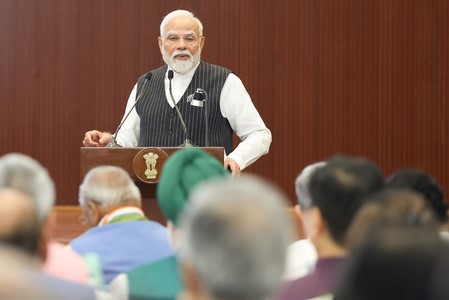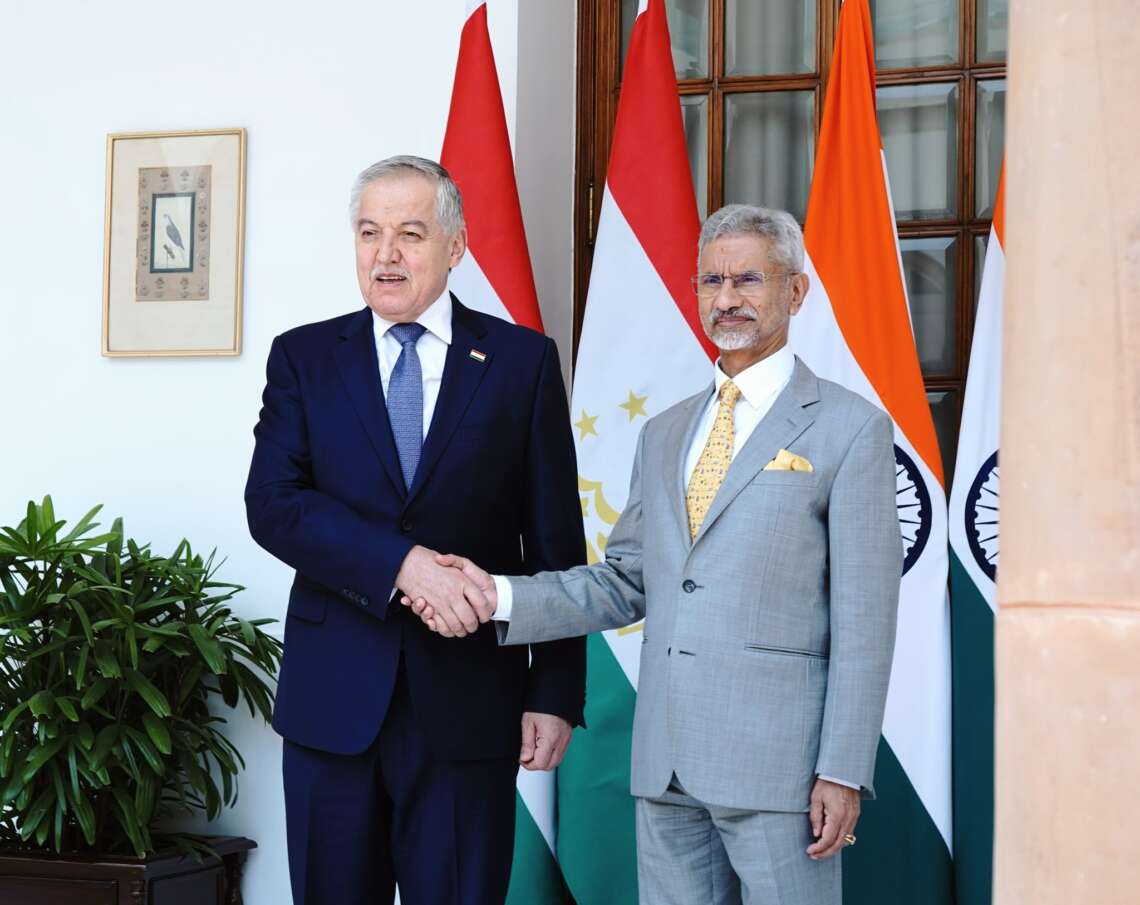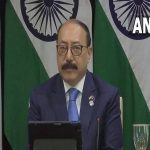Indian Prime Minister Narendra Modi is expected to skip the G7 summit in Canada, marking his first absence in six years amid tensions over Nijjar case
Canada is scheduled to host this year’s Group of Seven (G7) summit from 15 to 17 June in Alberta. The event will bring together leaders from the United States, United Kingdom, France, Germany, Italy, Japan, and Canada, along with representatives from the European Union, the United Nations, the International Monetary Fund, and the World Bank.
Several non-G7 nations, including South Africa, Ukraine, and Australia, have reportedly confirmed their attendance. However, India’s participation remains uncertain. Senior Indian officials have told domestic media that the government has not received a formal invitation to the event. Even if one were issued, they added, New Delhi is “not inclined to attend”.
“This would be the first time Prime Minister Modi misses a G7 summit since 2019,” a government source noted, adding that “the relationship must improve before any such high-profile visit takes place.”
Relations between India and Canada have been strained since June 2023, when then-Canadian Prime Minister Justin Trudeau publicly alleged that India may have been involved in the assassination of Hardeep Singh Nijjar, a Canadian citizen and known pro-Khalistan activist. Nijjar was shot dead outside a Sikh temple in British Columbia.
The Indian government has consistently rejected the allegation, calling it “baseless” and criticising Canada for failing to take sufficient action against extremist groups advocating separatism from India.
The fallout from the incident led to a diplomatic standoff, with both countries expelling senior diplomats. India also suspended visa services for Canadian citizens temporarily, citing threats to its diplomatic staff in Canada.
Although Canada’s newly elected government, led by Prime Minister Mark Carney, has expressed interest in repairing bilateral ties, concerns persist on the Indian side. Officials in New Delhi have privately expressed doubts about the security arrangements for any potential high-level visit, particularly in light of ongoing demonstrations by pro-Khalistan groups in Canada.
Canadian Foreign Minister Ankita Anand recently told The Globe and Mail that the Carney administration is “keen on building a stronger partnership” with India. She acknowledged, however, that the Nijjar case had dealt a significant blow to relations and said efforts to rebuild trust would take time.
So far, Canada has not publicly released the list of invitees for the summit, and when asked about a possible invitation to India, officials reportedly declined to comment.
Last week, Canadian media outlets reported that Sikh separatist organisations had lobbied the Carney government to exclude Modi from the summit, citing India’s perceived lack of cooperation in investigations related to Nijjar’s killing.
India’s Ministry of External Affairs has maintained a neutral public stance, stating twice in recent weeks that it has “no information” on Prime Minister Modi’s potential attendance at the G7 summit. Behind the scenes, however, Indian officials appear reluctant to engage in direct diplomacy unless the Canadian side takes steps to address India’s core concerns.
According to Indian media reports, New Delhi has urged Canada to improve the security environment for Indian diplomatic personnel and to take firm action against individuals promoting anti-India activities from Canadian soil.
Some analysts had speculated that the summit could serve as an informal setting for bilateral engagement between Modi and Carney, potentially paving the way for a reset in relations. However, with Modi expected to remain absent, that possibility appears increasingly remote.
India is not a formal member of the G7 but has regularly been invited as a guest nation in recent years, reflecting its growing global profile. Modi’s participation in the summits has previously been seen as a sign of India’s increasing engagement with Western economies on issues such as climate change, digital governance, and global security.
His absence this year, observers note, may be less about India’s global standing and more a reflection of the current state of bilateral affairs with Canada. While Modi has continued to engage with other G7 leaders on multiple platforms, the strained dynamic with Ottawa appears to have overridden broader strategic considerations in this instance.
As the summit approaches, it remains to be seen whether diplomatic channels will open to facilitate future high-level interactions — either at multilateral gatherings or through direct bilateral talks.














